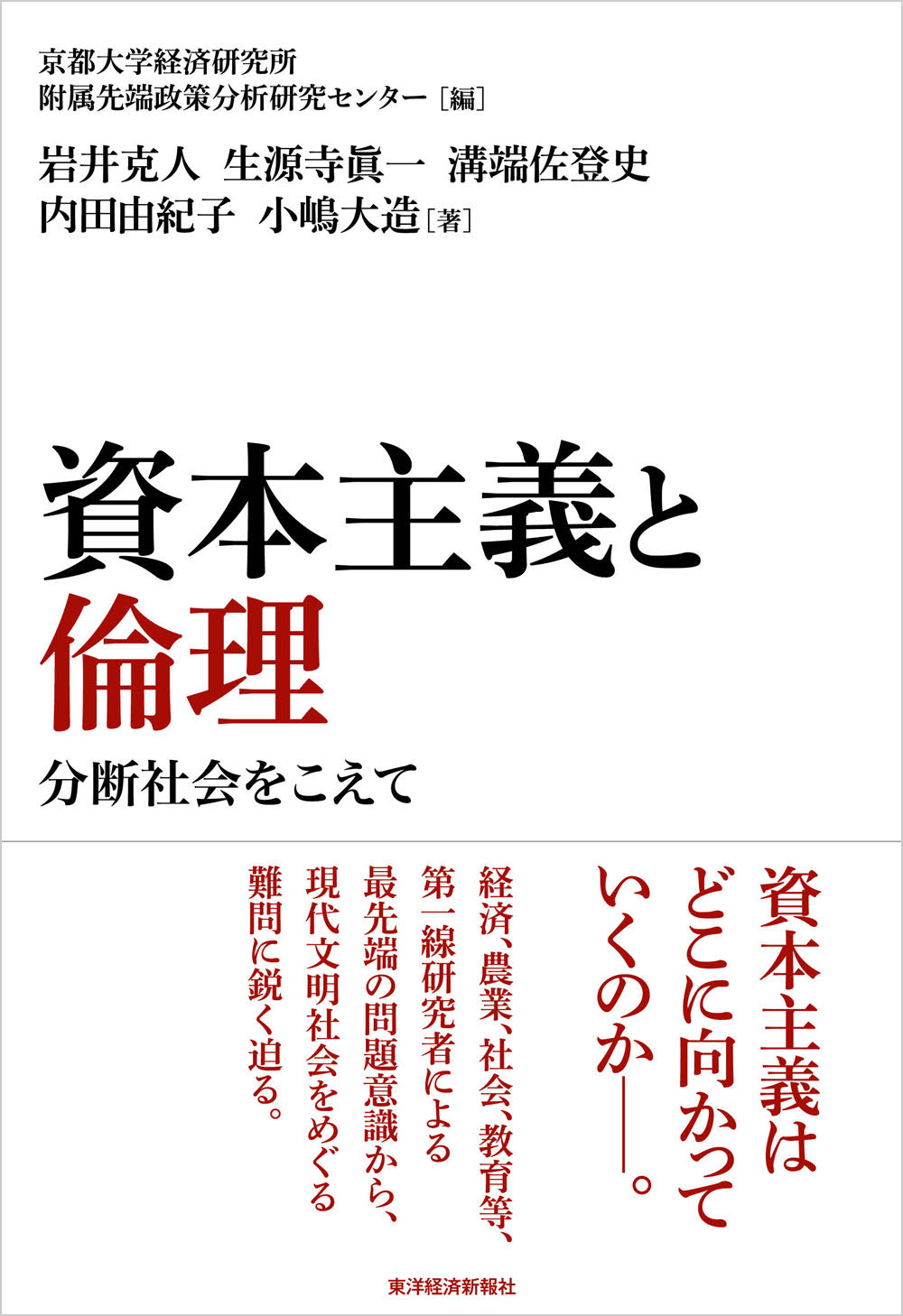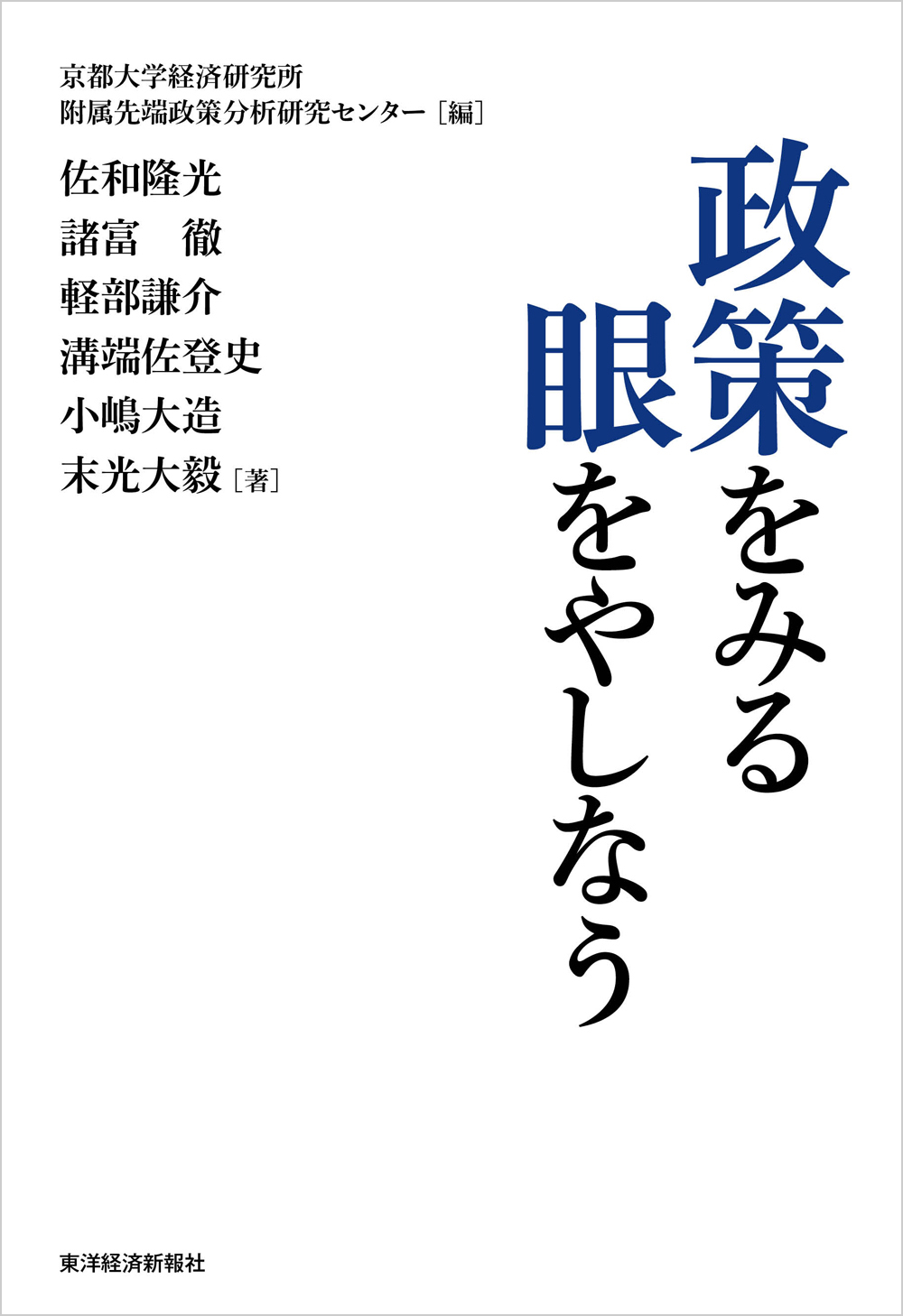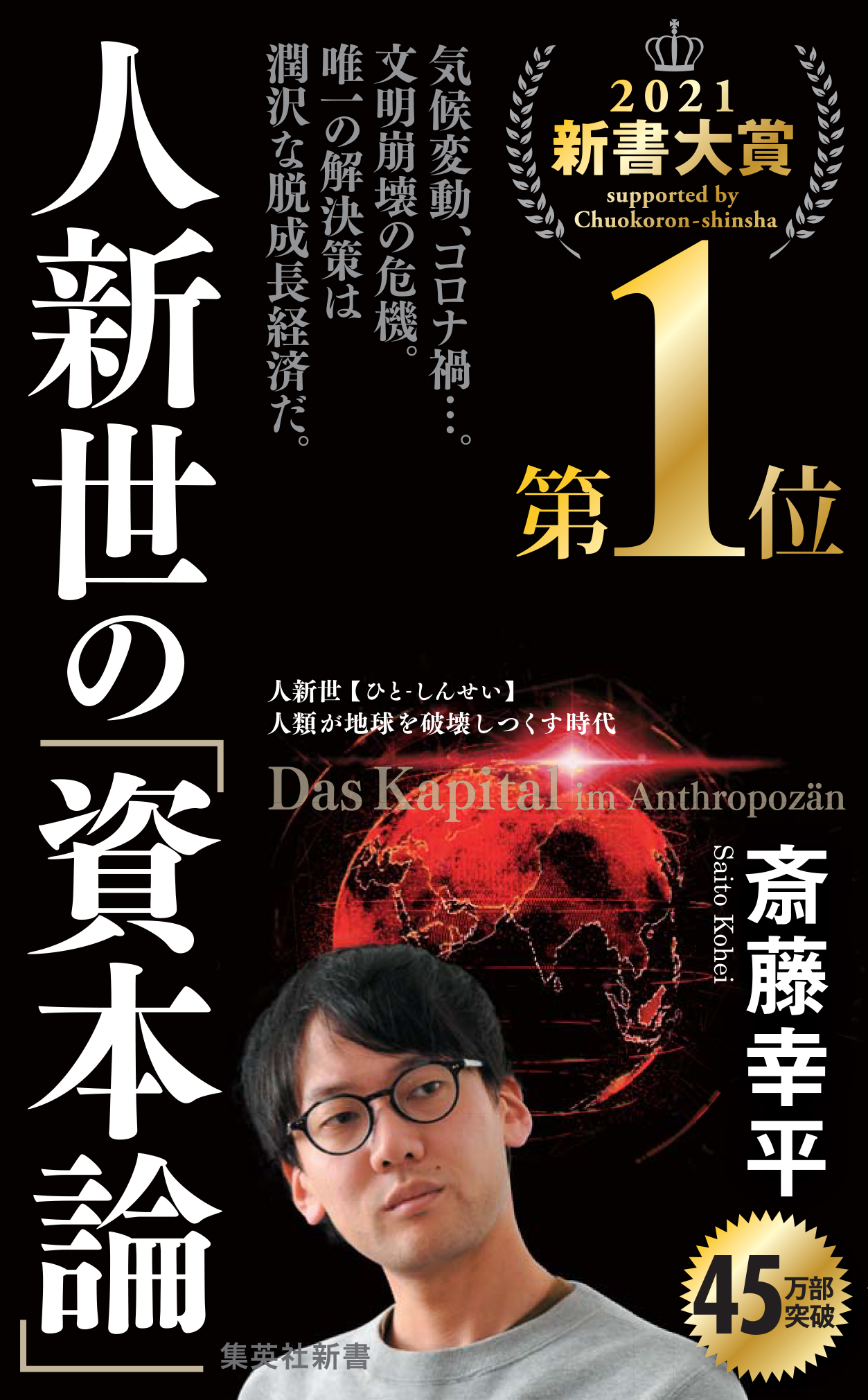
Title
Shihon-Shugi to Rinri (Capitalism and Ethics - Beyond the Divided Society)
Size
210 pages, 127x188mm, hardcover
Language
Japanese
Released
March 21, 2019
ISBN
9784492961582
Published by
Toyo Keizai Inc.
Book Info
See Book Availability at Library
Japanese Page
This book is a record of the symposium, Capitalism and Ethics: Beyond the Divided Society, held in October 2018 (hosted by the Institute of Economic Research, Kyoto University). Part I presents the lectures and Part II contains the discussion.
This symposium was planned jointly by the author when he was a member of the Institute of Economic Research at Kyoto University and Institute Director, Professor Satoshi Mizobata. It was held with the aim of “looking at the ideal form of society that would go beyond the divided society, while pursuing the fundamental question of ‘What is Capitalism?’” (taken from Professor Satoshi Mizobata’s “Introduction”). In fact, the symposium was a setting for fervent arguments concerning the essence of capitalism and the ideal form of economics.
Part I presents three lectures.
Lecture 1 was titled “Discovering ethics in economics” and presented by theoretical economist Professor Katsuhito Iwai. His lecture stated that the ideal form of capitalism and civil society must incorporate not only textbookish contractual relationships, but also fiduciary relationships.
Lecture 2 was titled “Agriculture and farming communities that support society” and presented by agricultural economist Professor Shinichi Shogenji. He stated that in order to develop sustainable commons, it is vital to create rules which contribute to cooperative behavior that is not premised on textbookish rational and self-serving actions.
Lecture 3 was titled “Creating a capitalist society” and presented by transitional economist Professor Satoshi Mizobata. He stated that the systemic transformation from socialism to capitalism in Russia and Eastern Europe has taught lessons about the high social costs of creating a capitalist society.
Part II is the record of the discussions. First, social psychologist Professor Yukiko Uchida introduced the theme, “Capitalism and ethics in Japanese society.” She noted that social capital is an indication of a positive cooperative spirit in civil society.
A panel discussion based on the lectures and the theme was conducted. The panel’s arguments were wide-ranging, including discussions on post-industrial capitalism, interdisciplinary communications, effective areas of economics, and university scholarship and education.
Regarding capitalism, renowned German intellectual Jürgen Habermas has commented in his article on the global financial crisis of 2008 that it would have been impossible to prevent the destruction of the international financial and economic system without taxpayers’ infusions. In other words, capitalism cannot revive itself.
How can economics respond to such debates on the essence of capitalism? Is it possible to show the direction that can prevent capitalism from leaving the right path and self-destructing? The lectures and discussion presented in this book provide suggestions that can guide considerations about the proper form of capitalism and the appropriate use of economics for its analysis. At the same time, the book is expected to draw its readers’ attention to the importance of discussions on capitalism and economic society incorporating perspectives from not just specific fields in economics, but also other academic disciplines.
(Written by KOJIMA Daizo, Associate Professor, Graduate School of Agricultural and Life Sciences / 2019)



 Find a book
Find a book


 eBook
eBook
